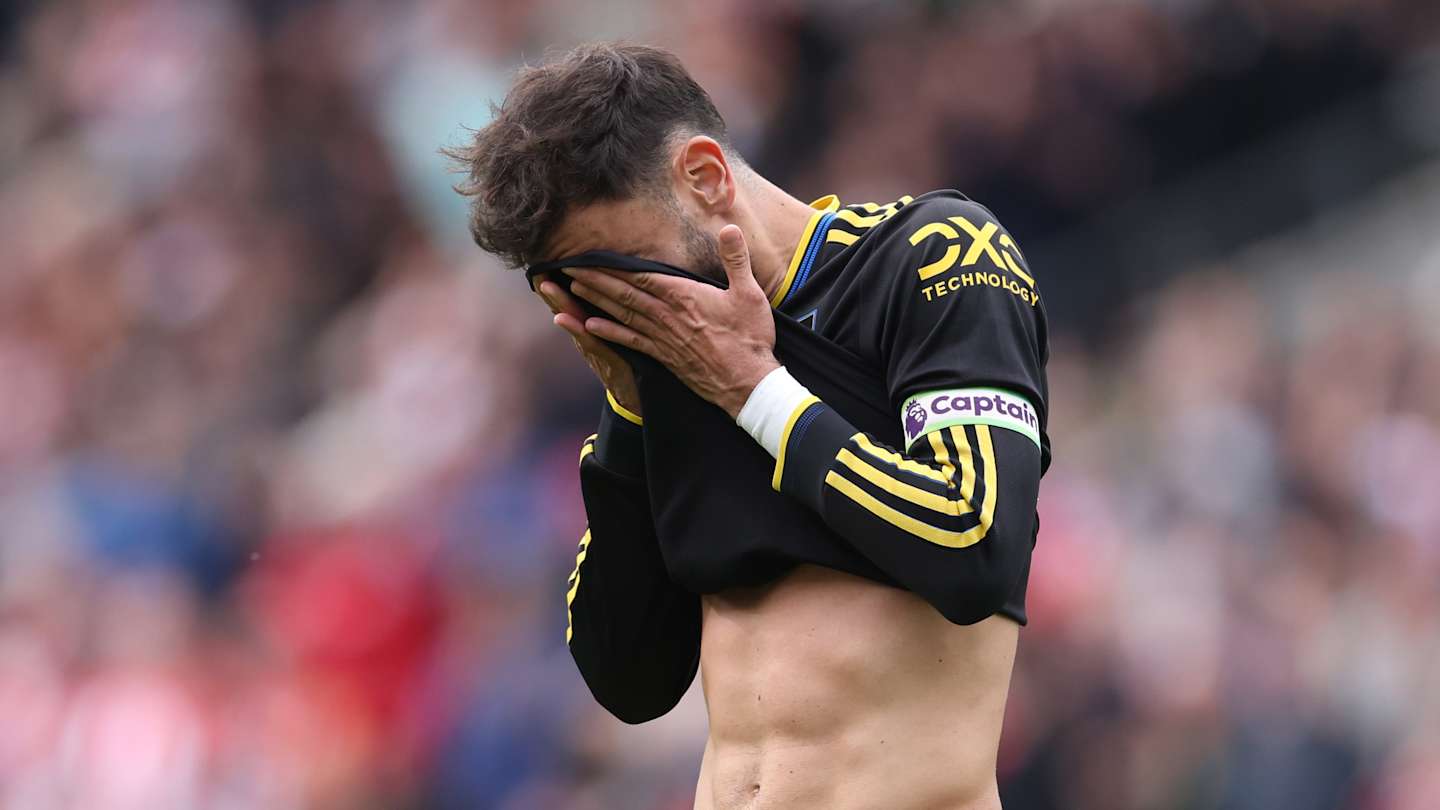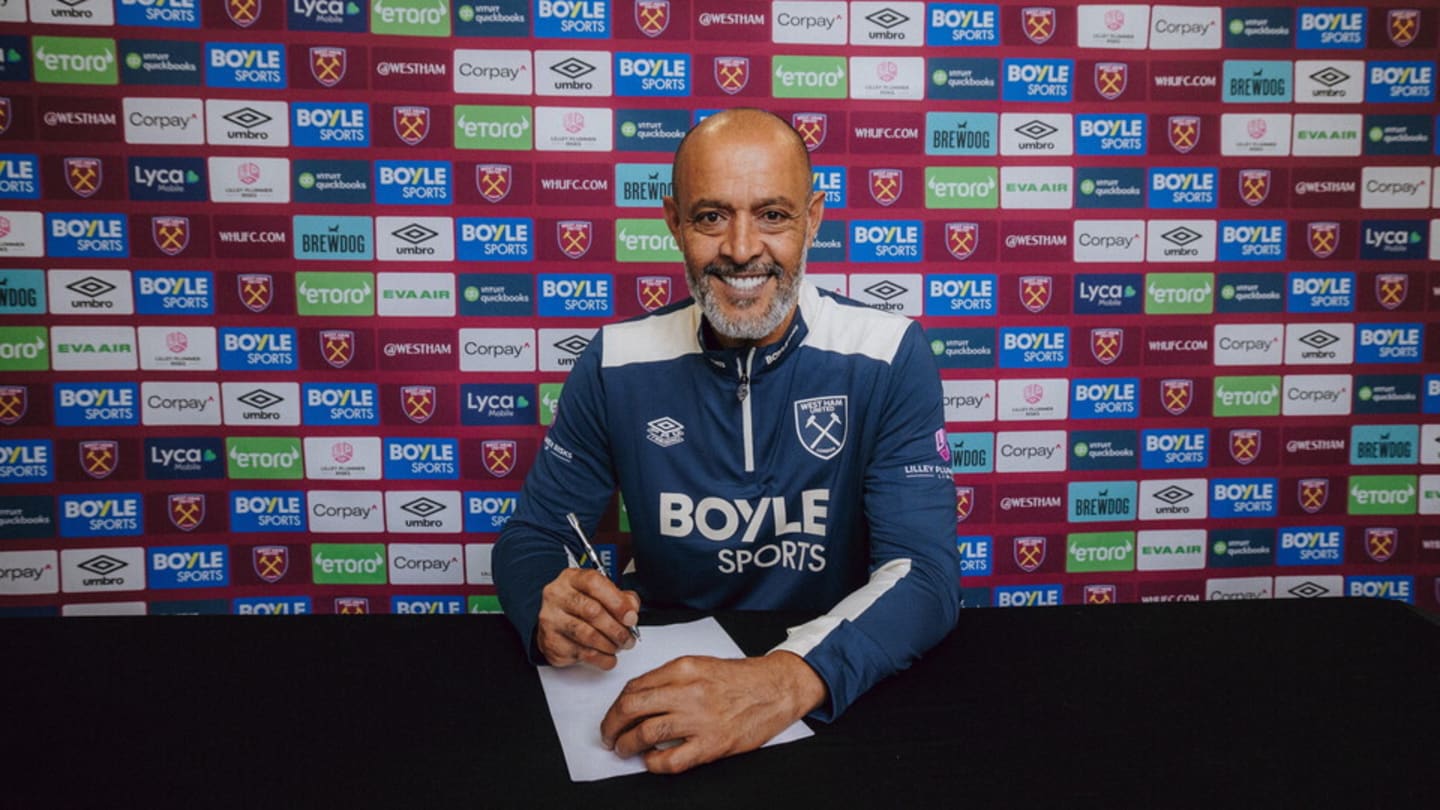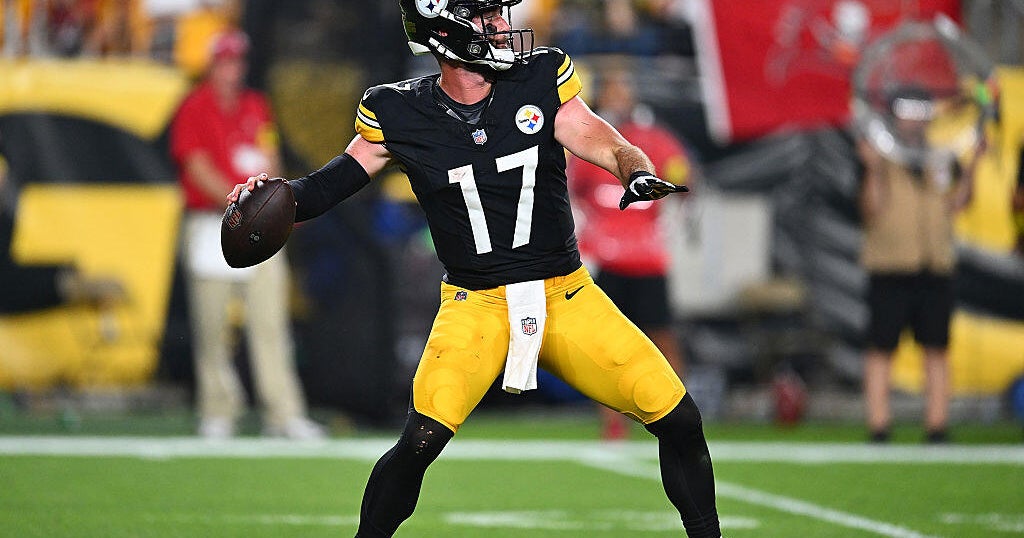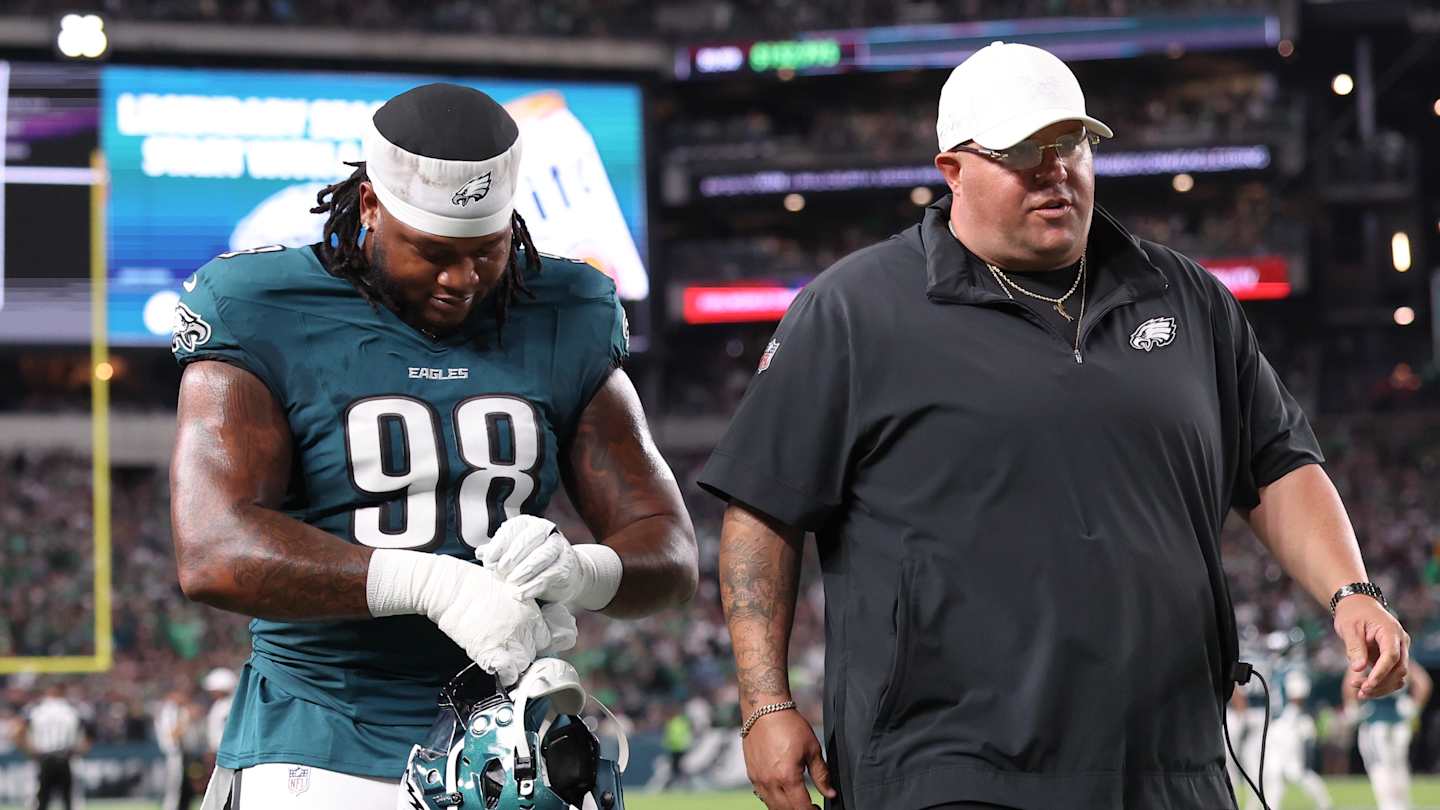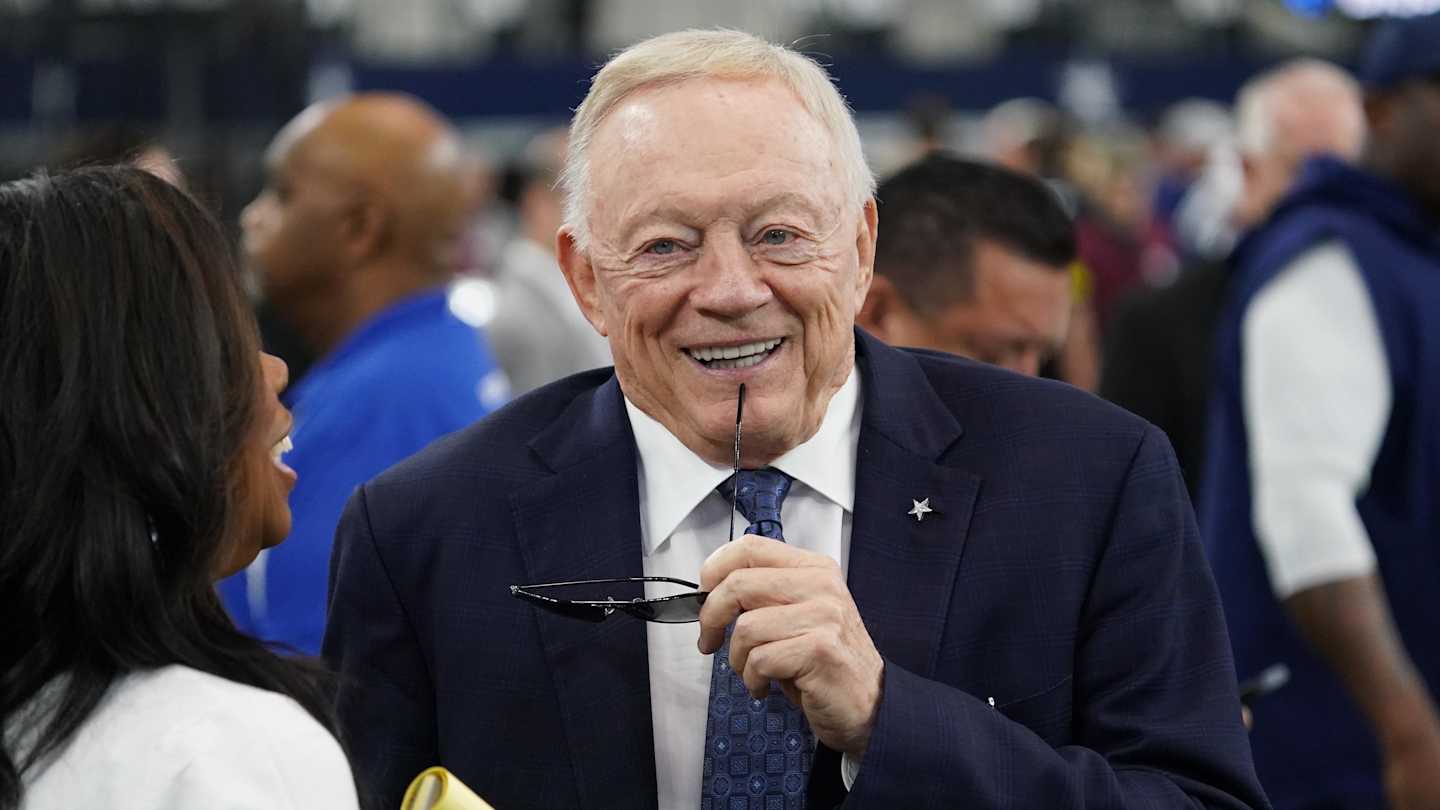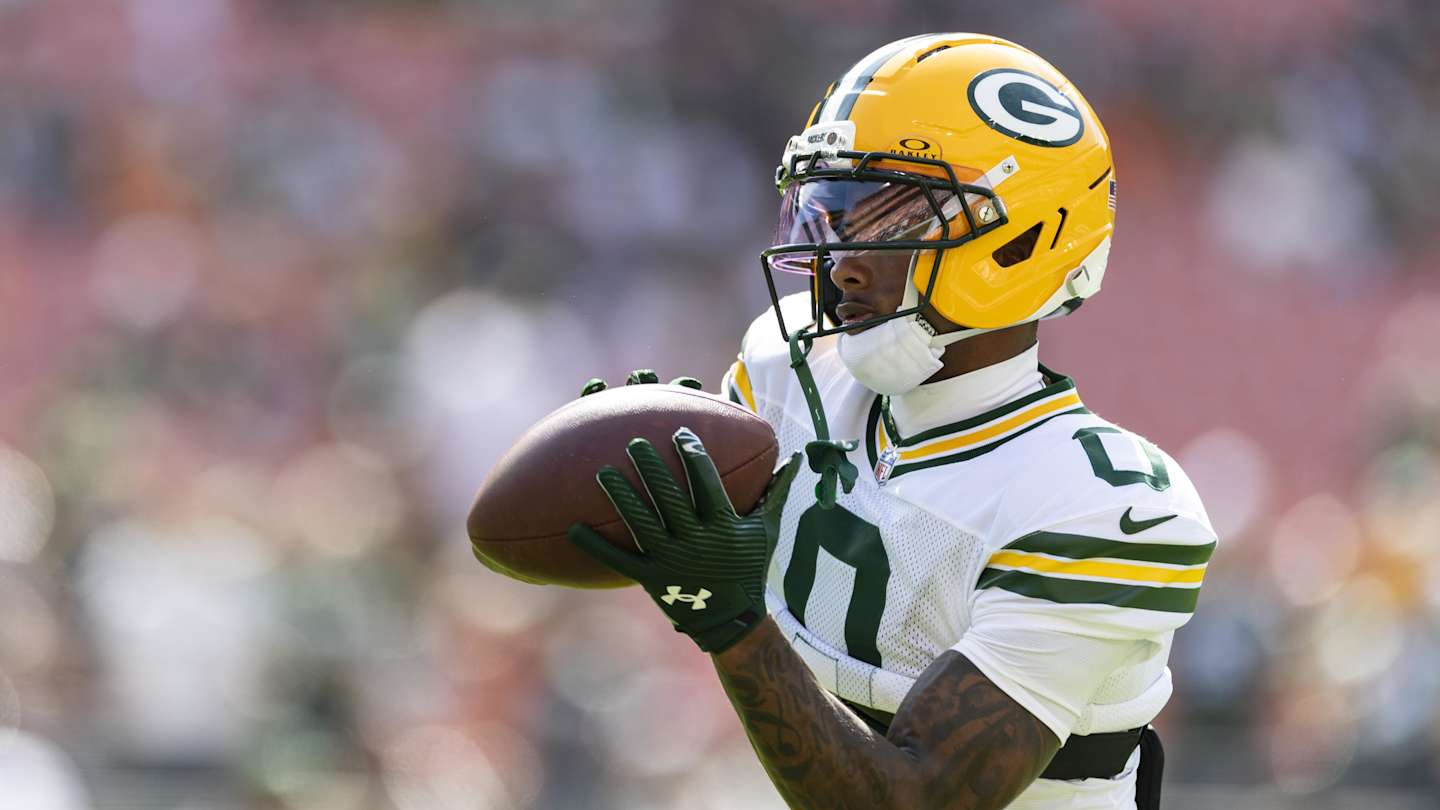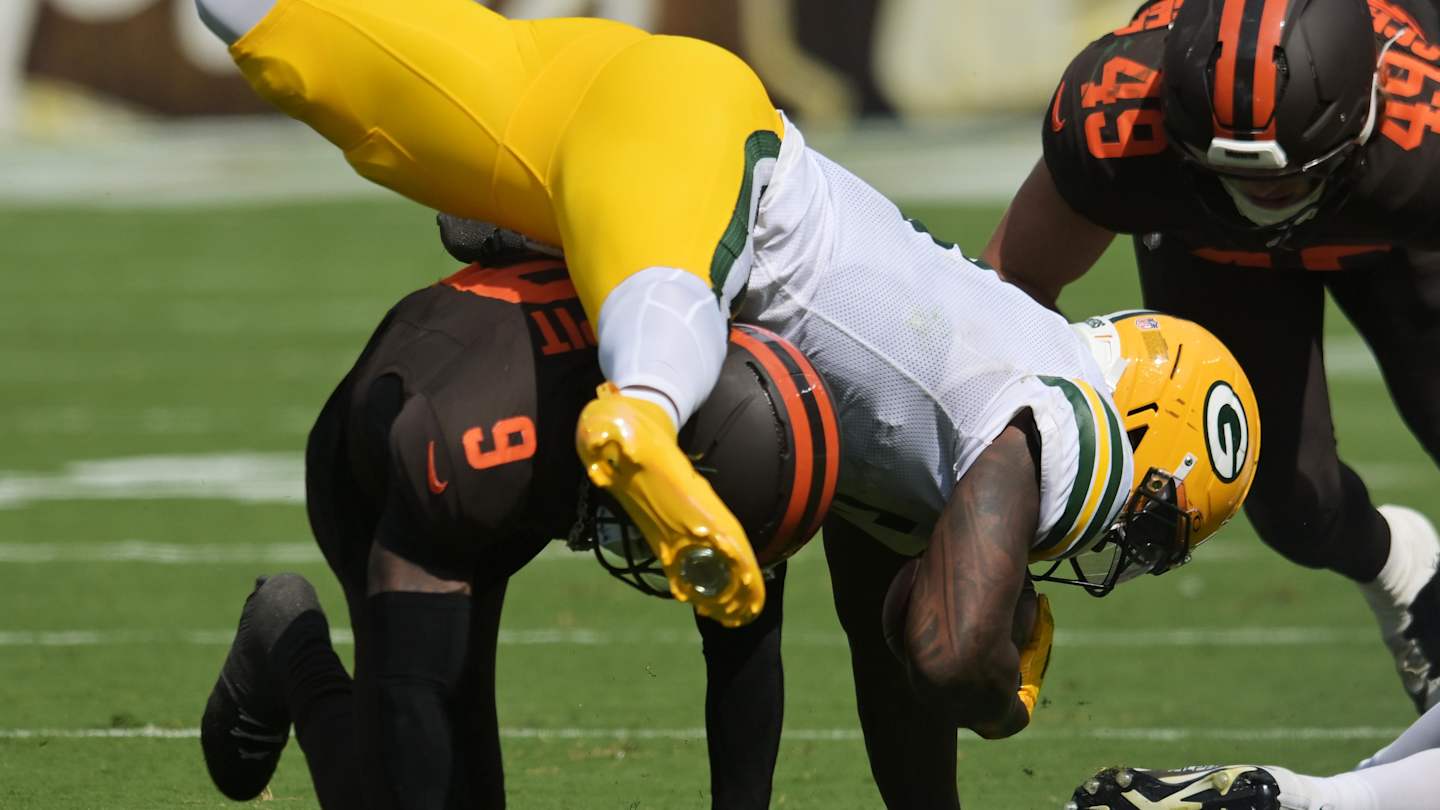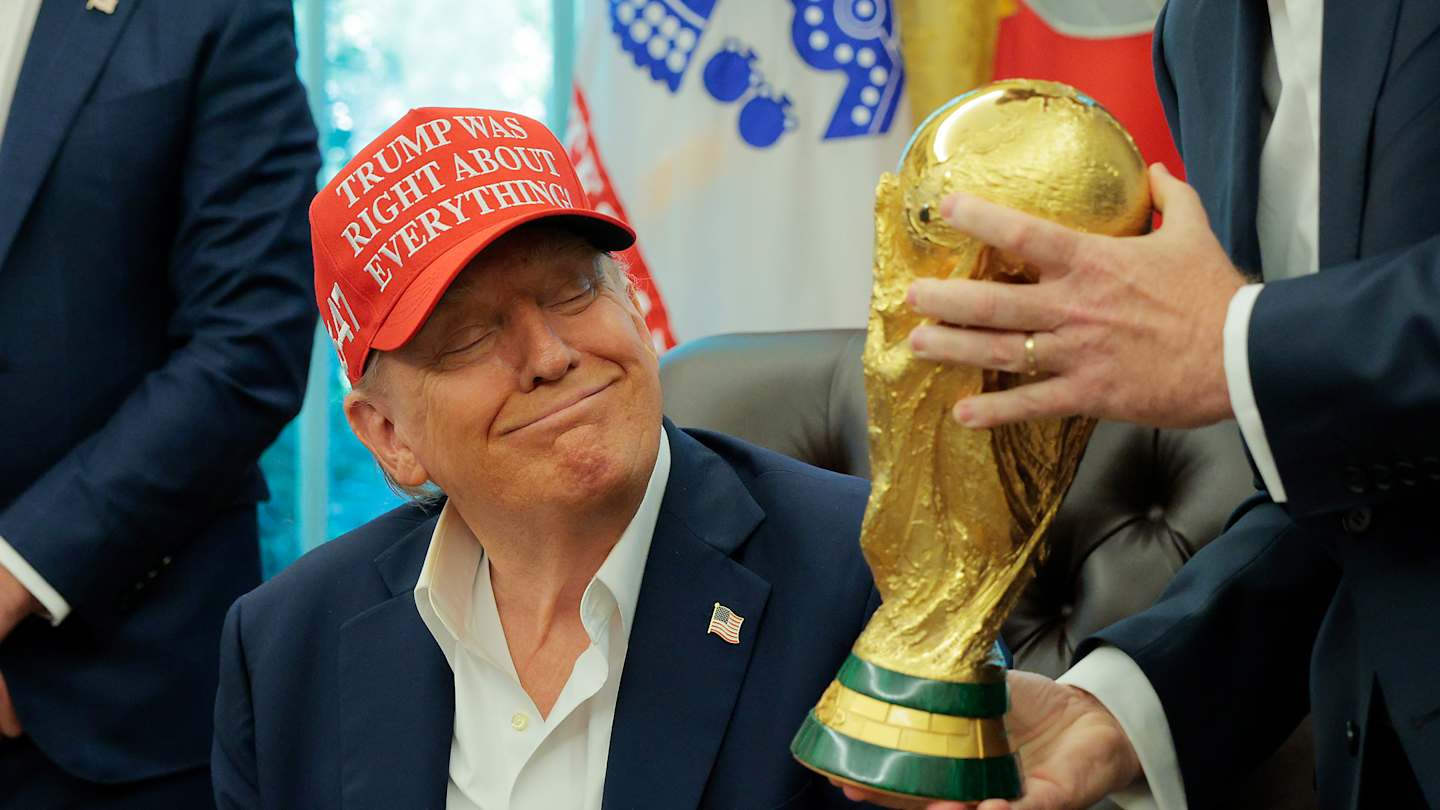
United States President Donald Trump has issued a stern warning regarding the 2026 FIFA World Cup, suggesting that some matches hosted in the U.S. could be relocated if he deems specific cities unsafe. This declaration, made during a press briefing in the Oval Office on Thursday, introduces a new layer of complexity to the highly anticipated tournament.

Safety First: Trump’s Ultimatum to Host Cities
Initially stating that World Cup cities would be “very secure,” Trump quickly shifted his tone, casting doubt on potential host cities that have openly opposed his administration’s policies, particularly those concerning immigration. When a reporter mentioned Seattle and San Diego, two cities slated to host six games each, Trump responded, “They’re run by radical left lunatics and that don’t know what they’re doing.”
He continued, emphasizing his prerogative: “It will be safe for the World Cup. If I think it isn’t safe, we’ll move it to a different city. Absolutely… it’s actually a very fair question. If I think it’s not safe, we’re going to move it out of that city.”

A Tri-National Tournament with Political Undercurrents
The 2026 FIFA World Cup is set to be a monumental event, featuring 48 teams spread across 11 cities in the U.S., three in Mexico, and two in Canada. While Trump’s immediate concerns centered on American cities, his comments extended to broader safety considerations. He referenced the deployment of the National Guard in Washington, D.C., in August, and mentioned cities like Memphis and Chicago, which are not currently host cities but were central to his discourse on security.
“As you probably know, we’re going into Memphis, and we’re going into some other cities, and very soon we’re going to go into Chicago. It will be safe for the World Cup,” Trump stated. “If I think it’s not safe, we’re going to move it out of that city. So if any city we think is going to be even a little bit dangerous for the World Cup, or for the (2028) Olympics, you know where they have Olympic overthrow right, but for the World Cup in particular, because they’re playing in so many cities, we won’t allow it. We’ll move it around a little bit. But I hope that’s not going to happen.”

Uncertainty Looms Ahead of FIFA Draw
The specifics of how and when such relocation decisions would be made remain unclear. Further clarity might emerge after the FIFA World Cup draw on December 5 at the Kennedy Center in Washington, D.C. Sports Illustrated’s attempts to reach FIFA and the governments of Canada and Mexico for comment were not immediately successful.

Canada Ready to Step Up
While Trump’s focus remains on American host cities, other World Cup host nations have proactively reached out to FIFA. Vancouver, Canada, already slated to host seven games up to the Round of 16, has expressed its readiness to accommodate additional matches should any need to be relocated. The Premier of British Columbia affirmed, “Additional games in British Columbia would not only be possible, but they would be incredibly welcome.”
He added, “We’ve actually written to FIFA to say if, for whatever reason, they need to move games from any other locations, British Columbia stands ready to host. We can move quickly. We have an amazing team and we are ready to host additional games here in this beautiful province.”

The Road to 2026: A Global Spectacle with Local Tensions
The 2026 World Cup promises to be an unprecedented global spectacle, uniting three nations in a celebration of soccer. However, President Trump’s recent remarks highlight the potential for political tensions to impact the logistical planning and execution of the tournament. The coming months will undoubtedly reveal how FIFA and host cities navigate these challenges to ensure a safe and successful event for players and fans alike. For more information on the FIFA World Cup 2026, visit the official FIFA website.

